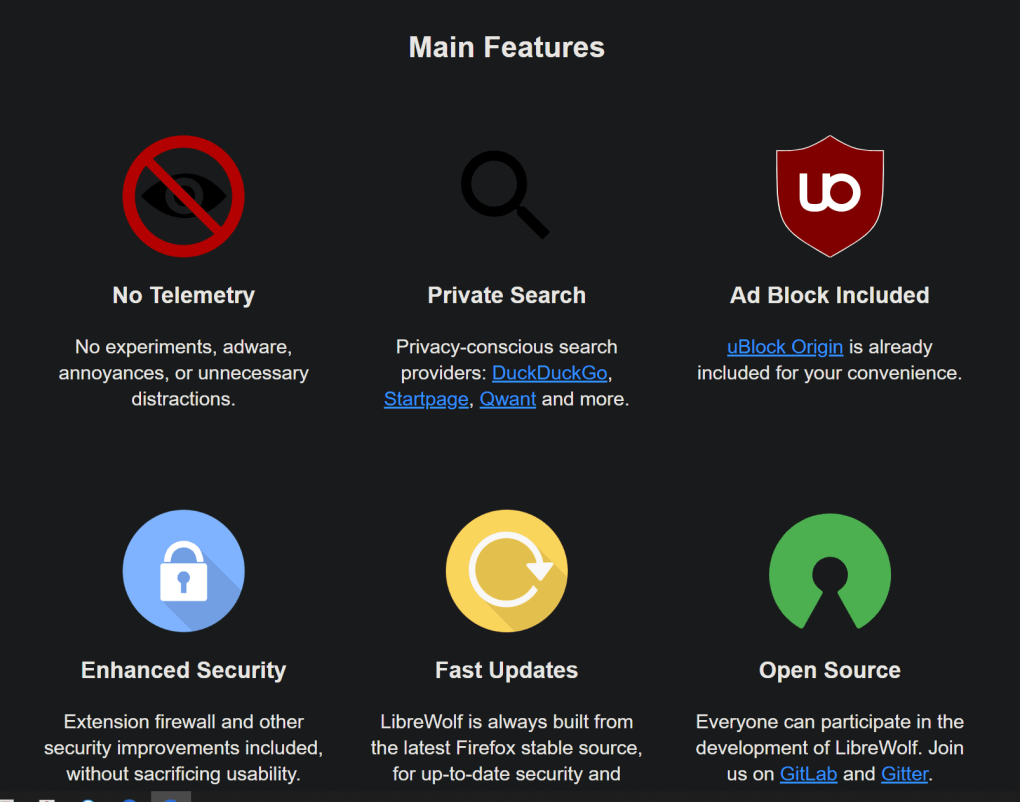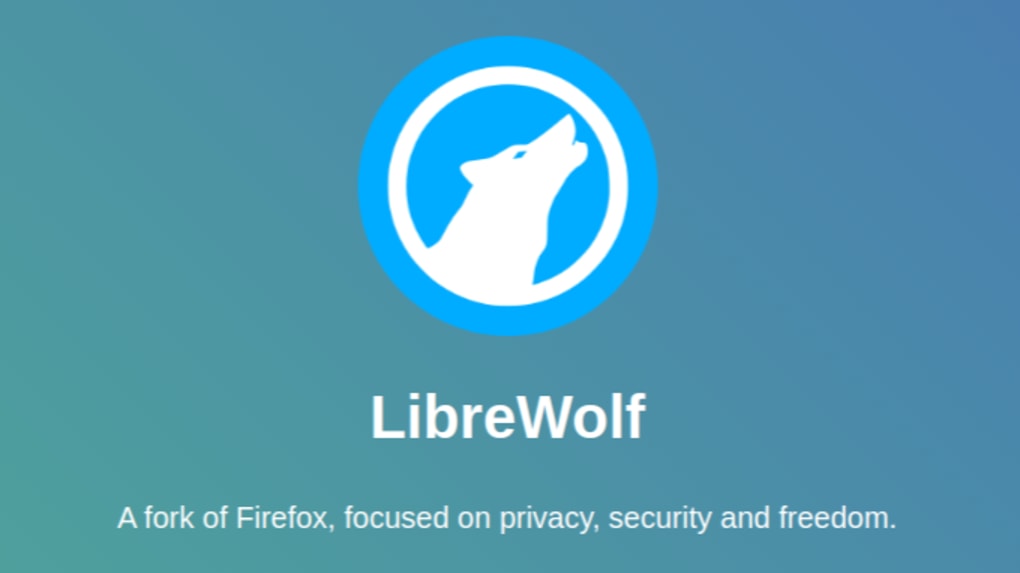LibreWolf is a free, open-source web browser built as a fork of the popular Mozilla Firefox. Its primary focus is enhanced privacy and security, offering users a streamlined browsing experience with tools designed to mitigate online tracking and data collection. Essentially, LibreWolf takes the core functionality of Firefox and removes extraneous features, prioritizing speed and simplicity without sacrificing essential security and privacy safeguards. This approach results in a more intuitive and straightforward browsing experience compared to many other browsers.
LibreWolf: Is it the Right Browser for You?
The web browser market is saturated with options, each catering to different user needs and preferences. Some prioritize extensive features and customizability, while others focus on speed and lightweight performance. LibreWolf distinguishes itself by placing a premium on user privacy and security. For users who prioritize these aspects above all else, LibreWolf presents a compelling alternative.
As an open-source project stemming from Mozilla Firefox’s codebase, LibreWolf inherits a robust foundation. However, it diverges significantly in its philosophy. LibreWolf actively removes various telemetry and data collection mechanisms often employed by websites, significantly reducing the digital footprint of your browsing activity. The browser further enhances its privacy protections by integrating uBlock Origin, a highly regarded ad-blocker, directly into its core functionality. This eliminates the need for separate extensions and simplifies the setup process for users concerned about online tracking. The browser also supports the selection of more privacy-centric search engines, including DuckDuckGo, Searx, and Qwant, offering users greater control over their search queries and the data shared with search providers.

LibreWolf’s open-source nature is a significant advantage. A dedicated community of developers and contributors actively maintains and updates the browser, ensuring timely security patches, bug fixes, and the integration of new features. This community-driven approach fosters transparency and accountability, further enhancing user trust.
It is important to acknowledge that LibreWolf sacrifices some of the advanced features and extensive customization options available in the full-fledged Firefox browser. This trade-off is deliberate, reflecting the browser’s core focus on speed, simplicity, and enhanced security. While the browser doesn’t offer the extensive customization options found in other browsers, its streamlined design contributes to its faster loading times and efficient resource management. The result is a clean, efficient, and secure browsing experience.
LibreWolf’s Strengths: Privacy and Performance
LibreWolf’s strengths lie in its unwavering commitment to user privacy and its lightweight performance. By stripping away non-essential features and integrating robust privacy enhancements, the developers have created a browser that excels in these critical areas.
Privacy Focus: The browser’s design is fundamentally geared towards minimizing online tracking and data collection. This is achieved through several key strategies:
- Removal of Telemetry: LibreWolf eliminates built-in data collection mechanisms present in the original Firefox codebase. This prevents the browser itself from transmitting user data to third parties.
- Built-in Ad-blocker: The inclusion of uBlock Origin eliminates intrusive advertisements and reduces the risk of malicious ads, many of which are vectors for tracking and malware.
- Privacy-Focused Search Engine Options: LibreWolf allows users to select search providers that prioritize user privacy, such as DuckDuckGo, Searx, and Qwant, minimizing the amount of personal information shared during web searches.
- Open-Source Nature: The open-source nature of LibreWolf allows independent security audits and community scrutiny, promoting transparency and accountability in the development process.
Performance: The streamlined design and focus on essential features contribute to LibreWolf’s superior performance. By removing non-essential components, the browser achieves faster loading times, lower resource consumption, and overall improved responsiveness. This is particularly beneficial for users with older or less powerful hardware.
LibreWolf’s Limitations: Customization and Features
While LibreWolf excels in privacy and performance, it also has limitations. The decision to prioritize simplicity and security has resulted in a reduction of features and customization options compared to its parent browser, Firefox.
Limited Customization: Users accustomed to extensive browser customization might find LibreWolf’s options restrictive. While the browser allows for some level of personal configuration, it lacks the wide array of settings and extensions available in Firefox. This limitation stems directly from the project’s focus on security and simplicity. By limiting customization options, the developers aim to reduce potential vulnerabilities and maintain a stable, secure browsing environment.
Reduced Feature Set: Certain features found in Firefox are omitted in LibreWolf. This includes features that could potentially compromise privacy or introduce unnecessary complexity. While this might be a disadvantage for users reliant on these features, it reflects the project’s unwavering commitment to its core principles.
Smaller Community: While the LibreWolf community is growing, it is still smaller than Firefox’s extensive community. This might lead to longer response times for bug fixes or feature requests. However, the smaller community also allows for a more direct and collaborative development process.

LibreWolf: A Considered Choice for Privacy-Conscious Users
LibreWolf occupies a unique niche in the web browser landscape. It is not intended to be a direct replacement for feature-rich browsers like Firefox or Chrome, but rather a dedicated alternative for users who prioritize privacy and security above all else. The trade-off between features and customization, on one hand, and enhanced privacy and performance on the other, is intentional and reflects the core principles of the project.
LibreWolf’s strengths are its robust privacy features, its lightweight and efficient performance, and its open-source development model. Its limitations lie in its reduced customization options and smaller feature set compared to its more established counterparts.
Ultimately, the decision to use LibreWolf depends on individual priorities. If maximum privacy and a clean, efficient browsing experience are paramount, LibreWolf presents a strong contender. However, users who require extensive customization and a wide array of features might find it limiting. LibreWolf is a carefully considered choice for privacy-conscious users willing to compromise on certain features for enhanced security and a streamlined browsing experience.
File Information
- License: “Free”
- Version: “94.0.1”
- Latest update: “December 20, 2021”
- Platform: “Windows”
- OS: “Windows 10”
- Language: “English”
- Downloads: “5K”
- Size: “111.20 KB”
















